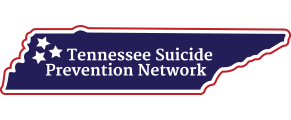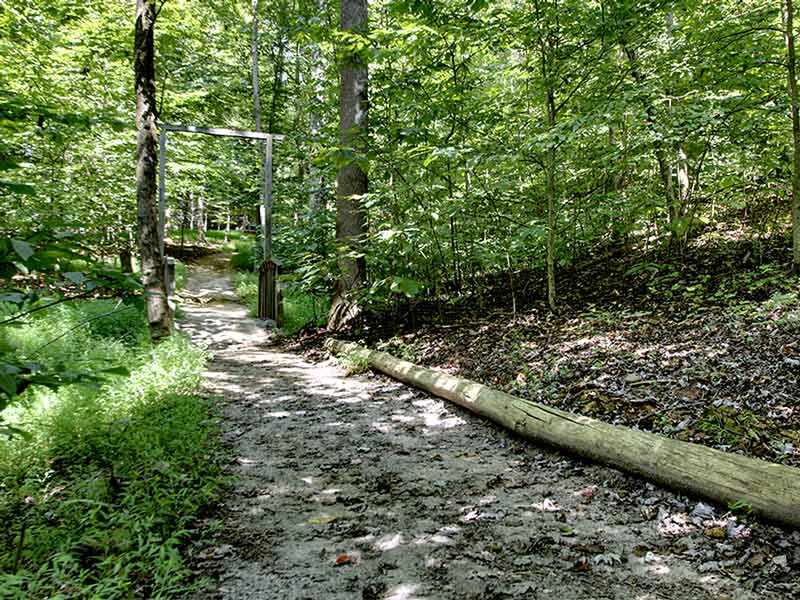Village Behavioral Health, located near Knoxville, TN, provides a multidisciplinary approach to addiction treatment. We create individualized treatment plans for teens & adolescents.
Learn More About Addiction Treatment
Learn more about addiction treatment at Village Behavioral Health near Knoxville, TN
It is not uncommon for people to try drugs such as alcohol, tobacco, or marijuana at some point during their teenage years. While some teens try these substances only a few times and stop, others are unable to control their cravings for the drugs. When a teen uses substances in a harmful pattern for mood-altering purposes, leading to frequent problems, this is substance abuse. Even a small degree of substance abuse can be detrimental. Teens who become addicted to drugs or alcohol will continue to use substances despite the negative consequences it is causing in their lives. While there are many different factors that can lead to teen substance abuse and addiction, one thing is clear: the earlier it is treated, the better the outcome – without proper treatment, substance abuse will only get worse over time.
The teenage years can be a difficult time since right now you are trying to figure out who you are while trying to fit in with peers. At Village Behavioral Health in Knoxville, we know that teens take drugs or alcohol for a number of different reasons. Maybe you use drugs to fit in with friends, you like the way it makes you feel, or maybe you were simply curious and now you are unable to stop using. Not only are you facing the normal stressors of being a teenager, but you are now dealing with the consequences of your substance abuse. You don’t have to struggle any longer. Village Behavioral Health, an addiction treatment & rehab center, has years of experience helping children ages 10-12 and adolescents ages 13-17 overcome addictions and go on to lead a sober, happy life. Addiction is a hard disease to manage, but the staff at The Village will provide you with the support and treatment needed to get you on the path to recovery.
How to Help a Loved One
Helping a loved one get treatment for addiction
Dealing with adolescent drug abuse and addiction is something that no parent ever wants to have face. However, as parents, it is important to recognize the signs that may indicate your teen may be abusing drugs or alcohol. Different warning signs will depend upon the drug of abuse, but some of the more common signs include:
- Red eyes
- Health complaints such as always being overly tired
- Less interest in school, drop in grades, and skipping classes
- New friends who have little interest in family or school activities
- Mood changes or emotional instability
- Hostile, angry, uncommunicative
- Secretive
- Poor hygiene
- Messy, careless appearance
- Smells of smoke
- Frequently breaks curfew
- Locked bedroom door
- Sudden weight loss or gain
- Depression
If you have discovered that your child is indeed drinking or doing drugs, it’s time to act. Take a deep breath, make a plan, and gather information before you act. Once you have taken the time to accept that your child needs help, have discussed the issue with your spouse/partner, and are ready to begin here are some tips for dealing with the situation:
- Talk about it – when you talk to your teen make sure you’re having a conversation – not a confrontation
- Show concern
- Keep calm
- Be direct, but watch your tone of voice
- Try not to be defensive
- Talk about your own memories
- Show your love
- Listen
- Give positive feedback where you can
- Set limits
- Lay down the rules so your teen knows what you expect of them
- Set firm consequences for broken rules
- Get outside help
- Reach out to a doctor who can assess your teen and make referrals to a mental health or drug addiction program
- If your child needs treatment, take the time to review treatment centers to pick one you are all happy with
- Get help for yourself and other family members as this is a difficult time for everyone
Most importantly, make sure that you are there to support your child throughout the whole process. Successful recovery can only be achieved if the teen has a support system in place to help them through this difficult period.
Why Consider Treatment
Why consider treatment for addiction at Village Behavioral Health near Knoxville, TN
Substance abuse can lead to a number of serious problems that – if left untreated – may come to destroy your teen’s life. After a period of drug abuse, your child’s school performance may decline, they may slowly withdrawal from friends and family, and they may face problems with the law. Alcohol and drug abuse is the leading cause of adolescent death or injury, involving or related to car wrecks, suicides, violence, and drowning. Your child is also at a higher risk for unplanned pregnancy or contracting a sexually transmitted disease due to unprotected sex. Additionally, their chances of developing chronic health problems are far higher.
A residential treatment center & rehab that specializes in treating teens with emotional and drug addiction problems is one of the most effective treatment options available for your child to make a full recovery. A residential rehab center offers your child a safe environment to explore emotions and life circumstances that may have led them to drug abuse. In a residential program, your teen focus solely on getting sober, learning ways to stay clean, and recognizing relapse triggers. Through a number of therapeutic approaches, your child can once again learn to live a happy, sober life.
Our Philosophy
Village Behavioral Health philosophy and treatment benefits
At Village Behavioral Health, our goal is to provide troubled youth with a structured, caring, and supportive environment that gives them the opportunity to learn adaptive problem-solving skills as well as to aid in healing emotional and cognitive issues in order for them to successfully rejoin their families and community. We provide compassionate care for teens, ages 13 to 17, struggling with mental health and behavioral disorders using a multidisciplinary approach to care that is designed to treat all aspects of a adolescent instead of just the presenting symptoms. Our 12-step approach to substance abuse combined with the support of our highly qualified staff will help your child return to their highest level of functioning.
Types of Treatment
Types of addiction treatment offered at Village Behavioral Health near Knoxville, TN
Our residential treatment program provides all teens with 24-hour supervision and intensive therapeutic services needed to kick their substance abuse problem. Our experienced alcohol and drug center supplies each teen with an individualized treatment plan based on their level of addiction and other personal needs. Upon arriving at Village Behavioral Health, we will give your child a complete assessment to give us greater insight into their struggles. Through this assessment, we will be able to determine the existence of any co-occurring disorders that will need to be treated along with your child’s substance abuse in rehab. Based on the result, we will complete a treatment plan which will guide your child’s stay with us. Additionally, your teen will be assigned to a cabin group who they can look to for support while in treatment.
Medication: Some teens may be prescribed medication in the beginning of treatment to help control any symptoms of co-occurring disorders. After new coping skills are learned, many teens are able to be taken off medication. However, some teens may need longer-term medication for additional disorders. If your adolescent requires medication, they will be closely monitored by our in-house psychiatrist and nurse practitioner.
Individual therapy: Through individual therapy, a highly qualified therapist will help your child understand and cope with their emotions, identify the underlying cause for their substance use, and learn how to identify triggers. They will also be taught how their behavior has affected their lives and ways to make better choices in the future. Individual therapy is held at least once a week, but is available for your teen more often should they need it.
Group therapy: Groups, held multiple times a day, are the main type of therapy we use in our residential rehab. They are an important part of your teen’s recovery as it allows them to bond and work with peers similarly struggling with substance abuse problems. Groups help set daily goals, learn new coping strategies, discuss how to control behaviors, and educate about addiction. Additionally, your child will participate in an N.A. or A.A. program and attend 12-step meetings on campus at our rehab center for substance abuse.
Family therapy: When a teen is struggling with addiction, it affects the whole family unit. Family involvement is essential in the treatment process for helping your teen make a lasting change toward a life of sobriety. Additionally, family sessions can be spent addressing concerns that other family members are facing or processing emotions relating to substance abuse. We provide family therapy at least once each week, more as needed, in order to educate your loved ones about your illness and recovery.
Village Behavioral Health, in Knoxville, Tennessee, provides you with experiential methods in addition to our traditional therapeutic methods. These include:
- Recreation therapy
- Ropes course
- 12-step meetings
- Crafts
- Music
- Dance
- Drama
- Sports
Continuing Care
Continuing care and levels of treatment for addiction
In order to ensure that your child is cared for upon completing our program, the discharge planning process is started as soon as your child is admitted to The Village drug & alcohol treatment center & rehab for substance abuse. This allows us the time to adequately prepare for the future care of your child. A couple of weeks before discharge, your treatment team will make a recommendation for appropriate aftercare options based on current and future needs of your teen. Some adolescents may step down into an Intensive Outpatient Program (IOP) or a Partial Hospitalization Program (PHP), both of which will allow your child to work on their recovery while gradually reintegrating back into daily life. Some adolescents have made enough progress that they’re ready to return to their community equipped with referrals to traditional outpatient therapy.











